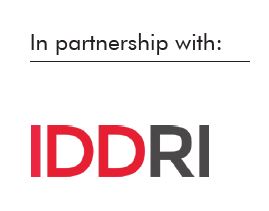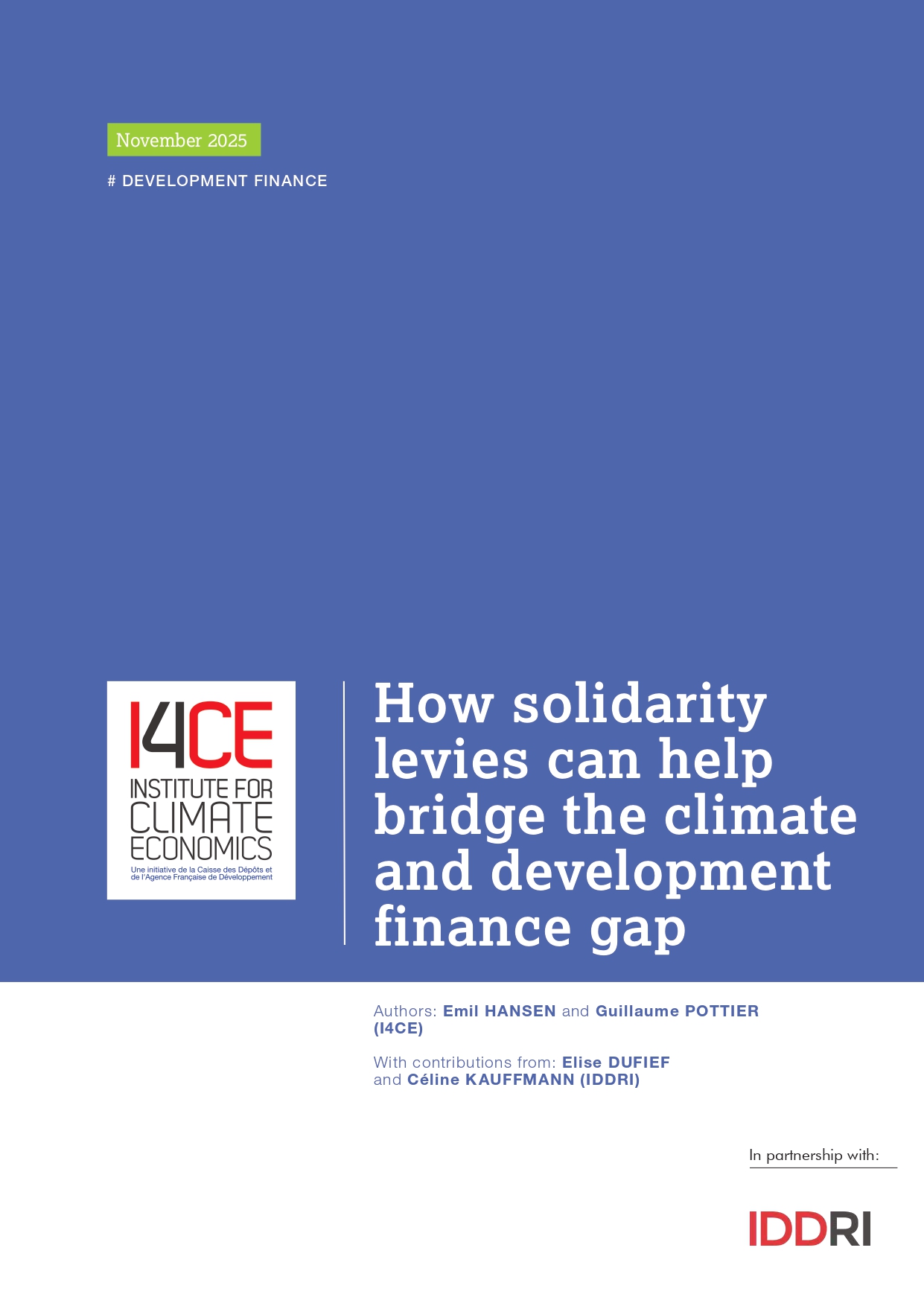How solidarity levies can help bridge the climate and development finance gap
The climate and development finance gap is large and widening, as Official Development Assistance (ODA) declines and needs multiply. With shrinking fiscal space in vulnerable countries, solidarity levies are gaining attention as a predictable source of international finance. Launched at COP28 by Barbados, France, and Kenya, the Global Solidarity Levies Task Force (GSLTF) is the main initiative in this space.
This report contributes to this discussion by focusing on the “use” side of solidarity revenues for climate action. Combining quantitative analysis of climate-related development finance flows, qualitative insights from expert consultations, a bottom-up assessment of selected countries’ climate strategies, and a review of existing frameworks for the allocation of concessional finance for climate and development, it finds that:
- Debt-free concessional climate finance is declining, particularly for adaptation and resilience, while non-concessional lending is increasing, exacerbating debt pressures. Least Developed Countries (LDCs) and Small Island Developing States (SIDS) face severe financing mismatches, with over 40% of SIDS already in or nearing debt distress. The opportunity provided by new sources of highly concessional, debt-free finance is therefore critical and its use should be considered carefully.
- LDCs and SIDS themselves prioritize grants for adaptation, resilience, and loss and damage, with a specific focus on sectors that maximize climate and development co-benefits, with limited alternative sources of funding (for example, disaster risk management, early warning systems and coastal zone protection).
- Allocation frameworks for concessional (and a fortiori grant) resources remain scarce and fragmented, with some convergence on high-level principles but inconsistent treatment of most parameters – vulnerability, indebtedness, leverage, etc.
Based on country strategies and expert consultations, we identify four guiding principles for allocating solidarity levy revenues:
- Align the broad use of revenues generated by solidarity levies with their tax base. Without necessarily requiring earmarking, the consensus among experts and lessons from the French Solidarity Fund for development show that such alignment is an effective way to reinforce the legitimacy and public acceptance. For example, revenue from levies on carbon emissions could preferably be used for climate- or resilience-related activities following the polluter-pays principle.
- Prioritize adaptation, resilience, and loss and damage, where there is the highest degree of consensus on large, unmet needs, lower finance flows and important development dividends for countries.
- Focus on sectors without viable private investment potential and optimal climate-development co-benefits such as disaster risk management, early warning systems, and coastal protection, and invest in institutional capacity to deliver impact.
- Orient allocation based on climate and economic vulnerability rather than solely income, reflecting the specific constraints of LDCs and SIDS.
While acknowledging other potential use cases such as health or biodiversity, the report focuses on the climate–development nexus, consistent with the GSLTF mandate. If well-structured and transparently linked to measurable outcomes, solidarity levies could play a catalytic role in bridging the climate-development finance gap. They would complement, not replace, ODA, providing predictable, debt-free resources for countries most vulnerable to climate and economic shocks.


